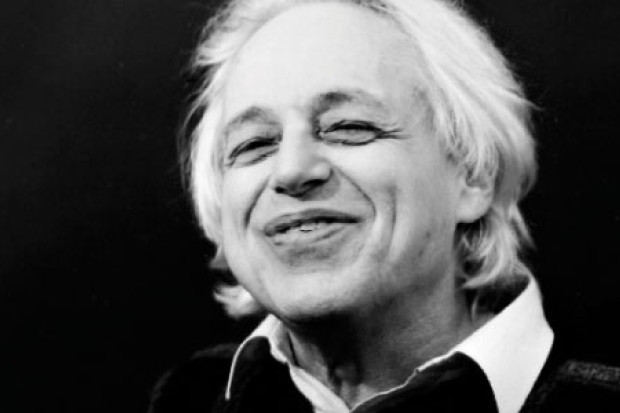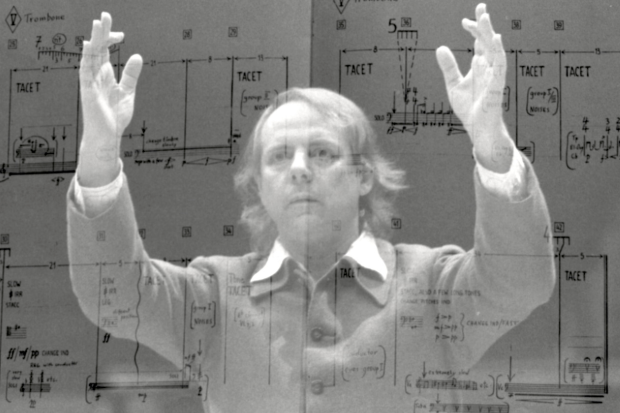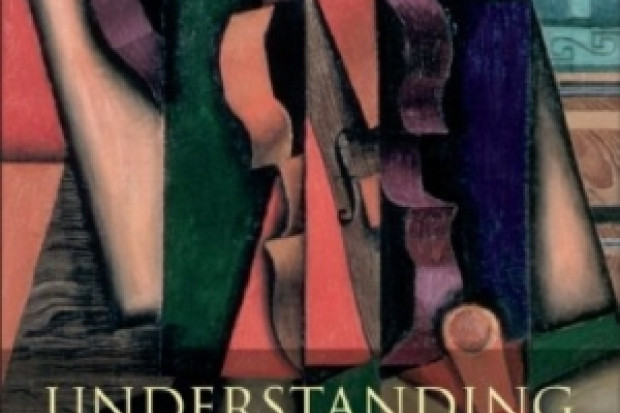In The Ranelagh Gardens
In the summer of 2002 I was feeling uneasy and restless. I had published a book the year before, The Nightingale Water, dealing with my mother’s last illness, and although it was positive, therapeutic even in the making, and had been well received by critics and public, I had no feeling of renewal or purpose after it. Writing it had a momentum of its own, but I found all my reserves of imaginative energy unexpectedly cannibalised by the whole process and by my mother’s illness and death, and family matters that followed.
My creative landscape that summer was terminally bleak.
And then I had a call from Benjamin Dwyer with a proposal. He wanted some poetry to work against, to write in response to as it were, and would I be interested. Although I’d known Ben twenty years before, our immediate paths hadn’t really crossed again until the performance of his work on the Ted Hughes Crow poems the preceding March, at the Sligo Contemporary Music Festival. On that occasion I read some of the poems and then Vox21 performed Scenes from Crow, Ben’s musical work in response to the poems. The whole event affected me deeply, not only because it sent me back to a close engagement with Hughes’ text, but spectacularly because of the music that night; it was one of the most fulfilling, engrossing and unexpected musical experiences of my life.
Which meant that I was delighted with the idea of collaboration, and I already had a possible departure-point of reference, a place from which to start. A short poem, written that June, which had pretty well come from nowhere, and was leading nowhere; but which I felt did have a real energy of its own, even if an apparently negative one, and I believed it could eventually come to something though I had no idea what, nor in what direction even it might go.
This poem, originally titled ‘Noone’ or ‘No one’, which became the first of the series for Ben, had arrived in a fragmented, telegram language from the start; and as-it-were obligingly broke itself down into three line stanzas as soon as I started considering it:
None
No means beyond:
and I’m falling
as I told you
Nietzsche throwing his arms
about the horse
in the street
Collapsed into madness
and it’s all
too late
A fait accompli
only
I don’t have the means to hand
The well-greased click
and tincture of oil
and smoke
The blow to the head
and the broken
egg in the grass
Almost something of the haiku about it (not a form I’ve ever really used), although I still had no real idea of where the poem might go, how it might develop, or even of how long the end result might be.
Ben had mentioned that six pieces was what he had in mind, and this suited me: increasingly I’ve been writing longer poems over the past ten or twelve years, because I’ve been interested in Real Time as a further poetic dimension in the performance or reading, as it is for cinema or music. The Nightingale Water itself, my book from the previous year, was essentially a 92-page poem in sections.
The course of the new poem resolved itself. Frequently in times of doubt, or uncertainty about direction, I have found myself retrenching – writing about this urban village I’ve lived in now for more than thirty years.
My roots go even deeper than that: I went to school up the road from where I live today, and was born little more than half a mile away – in Miss Jackson’s Nursing Home in Upper Leeson Street. In fact the Aircoach bus picks me up from, and drops me off at, the house where I was born, number 12.
And again in this case, it was almost without noticing, and certainly without any conscious initial decision, that my poem for Ben began to take on form and impetus in the Ranelagh Gardens, just across the road from me: a place of richly varied and hidden histories, resonances I’d written of before. And in the event, the Ranelagh Gardens, but this time an entirely contemporaneous Ranelagh Gardens, became the universe and landscape of the poem.
I spent September walking round the little corporation park, noting what was happening around me, allowing whatever suggested itself as significant to register, to find its way into the work, deliberately keeping the whole procedure fragmented and fragmentary; letting the language grow into the ‘fluid conduit for suggestion’ subsequently identified by Ben in his original programme note (to the first performance, in the Bank of Ireland, February 2003) – like film, or music, turning back and forward on itself, opening and unfolding in a non-linear way.
And the park obliged with a whole portfolio of images, ranging from split-second to extended tableaux. The man with a beer-can, always somewhere present, entering and exiting the action like a Greek chorus; the sunbathers scattered all over like figures from Signorelli’s Orvieto fresco of the resurrection of the flesh; separated fathers bringing their children out at week-ends; the ten-year-olds who fish, illegally, for the resident carp; the long-term custodial heron who competes with them; a young woman I met there one day, almost like a displaced wild creature, crying in the rain. Our visibly changing urban times: the psychological translation of sections of the citizenry into voluntary apartheid and little gated enclaves all around, a mere eighty years after Independence.
The Ranelagh Gardens runs to twelve poems and 276 lines, but the collaboration far transcends that. Benjamin Dwyer’s music, four pieces – Apuntes sin títulos I-IV – is from yet another dimension altogether: in the already cited programme note he speaks of ‘responding to [his own] responses to the poetry; not the words themselves but to the aftermath created when they have been passed through’. Another astronomical co-ordinate, independent of my poem, but with, I trust, ineluctable points of kinship.
It is humbling, as well as deeply reassuring and exciting, to have one’s work so closely, creatively experienced by another. In this case, listening fascinated to the progress and development of Benjamin Dwyer’s music, our performing words and music together, I have been a privileged part of the fulfilment of a genesis in another medium, another discipline. There is also the wonderful, extended bonus of being able to reach without really knowing how, an even further plane of metaphor: in Ben’s spot-on phrase again, that old eternal chorus of possibilities and interpretation.
In the Ranelagh Gardens is reviewed by John McLachlan in this issue.
Published on 1 March 2005












